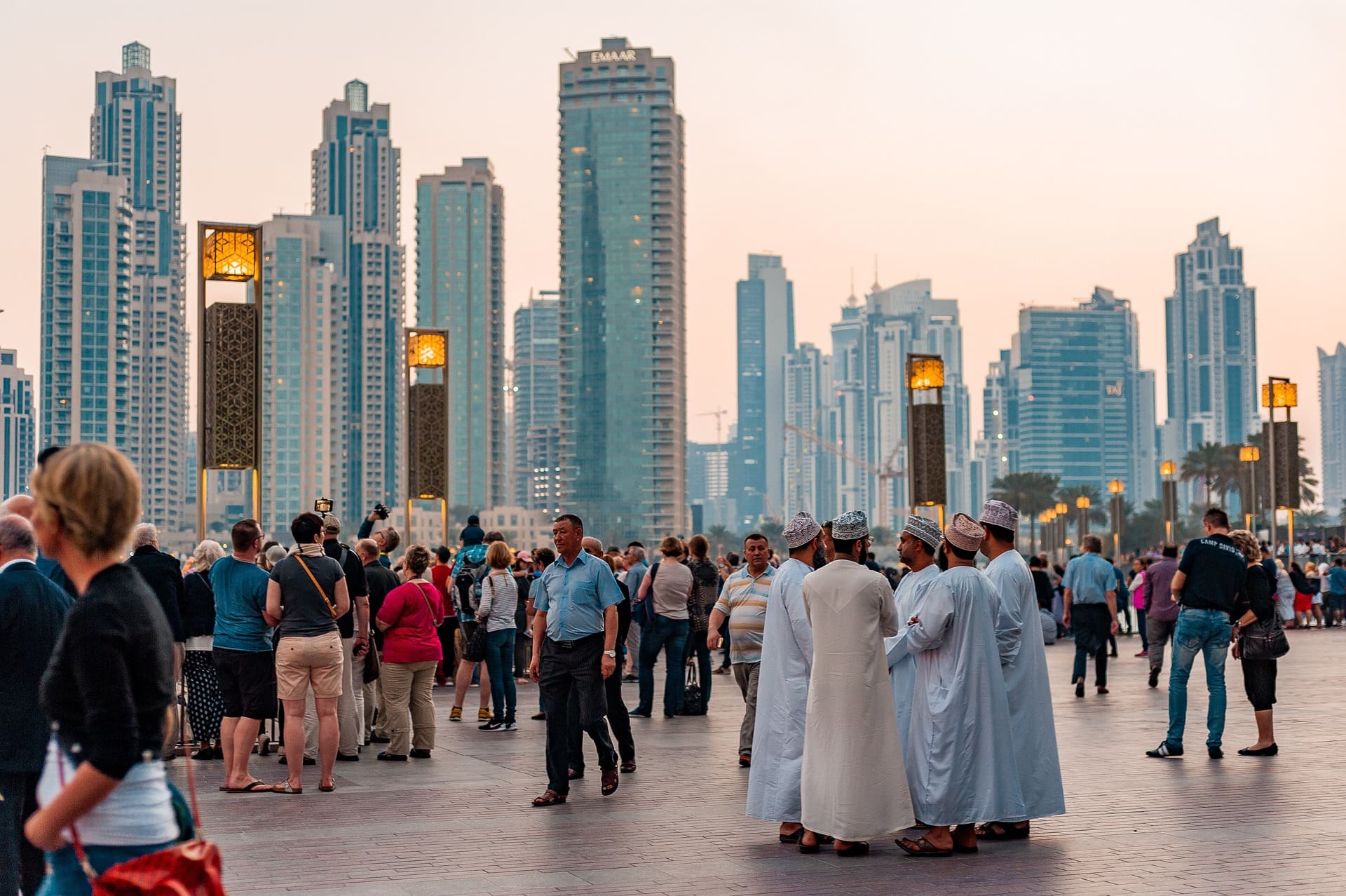
Understanding UAE Succession Law: A Step-by-Step Guide for Expats
UAE Succession Law for Expats
Are you an expat living in the UAE and wondering how succession laws may affect you, your family, and your assets?
Look no further!
This comprehensive guide will provide you with a step-by-step understanding of UAE succession law.
Navigating the intricacies of inheritance can be daunting, especially in a foreign country with its unique legal framework.
However, with our expert insights, you’ll gain the knowledge and confidence needed to ensure your assets are protected and distributed according to your wishes.
From understanding the concept of Sharia law to exploring the different types of wills recognised in the UAE, we’ll cover it all.
Whether you’re a business owner, a property investor, or simply a resident wishing to safeguard your family and your wealth, this guide will empower you to make informed decisions and take the necessary steps to secure your legacy.
Don’t let uncertainty cloud your future – let us shed light on UAE succession law and help you plan for peace of mind.
Importance of understanding UAE succession law for expats
As an expat living in the UAE, it is crucial to have a clear understanding of the country’s succession laws.
Unlike many other jurisdictions, the UAE follows Sharia law principles, which can significantly impact how your assets are distributed after your passing.
By familiarising yourself with the key principles of UAE succession law, you can ensure that your wishes are respected and your loved ones are provided for.
Key principles of UAE succession law
Before delving into the step-by-step guide, it is essential to familiarise yourself with the key principles of UAE succession law.
These principles form the foundation of how assets are distributed and provide the necessary context for the subsequent steps in the process.
🕌 Sharia law: The UAE follows Islamic law, also known as Sharia law. Sharia law governs various aspects of life, including inheritance. Understanding the basic principles of Sharia law is crucial to comprehending how succession works in the UAE.
👨👩👧👦 Forced heirship: UAE succession law includes the concept of forced heirship, which means that a certain portion of an individual’s estate is reserved for specific family members, known as legal heirs.
🔑 Freedom of disposition: While forced heirship is a fundamental principle, UAE law also recognises the importance of an individual’s freedom to dispose of their assets to some extent.
Step 1: Determining the applicable law
Before making any decisions or taking any steps, it is essential to determine which succession laws apply to you.
The UAE has multiple legal jurisdictions, and the applicable law may differ depending on various factors such as nationality, religion, and the location of assets.
Step 2: Making a Will in the UAE
Making a will is a crucial step in estate planning, regardless of your nationality or religion.
However, in the UAE, it takes on even greater significance due to the principles of forced heirship and the unique legal framework.

In case of death folder checklist
Download this free checklist to ensure your family has everything they need in case of an emergency
Whether you’ve recently become an expat, are in the process of planning to leave the UK, or have been a long term expat and are now preparing to return home, estate planning is essential. Ask yourself: if something happened to you tomorrow, would your spouse or family know where to find your key financial documents?
Step 3: Understanding Sharia law and its impact on succession
As mentioned earlier, Sharia law plays a significant role in UAE succession law.
Understanding its basic principles is crucial to ensure that your estate planning decisions align with the requirements of the law.
- Legal heirs: Sharia law identifies specific family members as legal heirs who are entitled to a portion of an individual’s estate.
- Inheritance shares: Sharia law sets out predetermined shares for each legal heir.
- Inheritance orders: Sharia law establishes a specific order of inheritance, ensuring that legal heirs receive their shares in a prescribed manner.
Step 4: Nominating guardians for minor children
If you have minor children, it is crucial to nominate guardians who will take care of them in the event of your passing.
This is an important step in ensuring that your children will be cared for by someone you trust and according to your wishes.
Step 5: Registering your will and ensuring its validity
To ensure that your will is valid and legally enforceable, it is advisable to register it with the relevant authorities in the UAE.
This provides an additional layer of protection and helps prevent any disputes or challenges to the validity of your will.
Step 6: Seeking legal advice and guidance
Navigating UAE succession law can be complex, especially for expats who may not be familiar with the legal framework.
To ensure that your estate planning is comprehensive and tailored to your specific needs, it is highly recommended to seek professional legal advice and guidance.
Common misconceptions about UAE succession law
Before concluding our comprehensive guide, let’s address some common misconceptions about UAE succession law:
- My home country’s laws apply: While it is true that some aspects of your home country’s laws may apply to your succession matters, it is important to understand that the UAE follows Sharia law principles for inheritance.
- I don’t need a will: Even if you believe that your assets will be distributed according to your wishes, making a will is still essential.
- I can rely on verbal agreements: Verbal agreements are not legally enforceable when it comes to succession matters.
Conclusion
Understanding UAE succession law is vital for expats living in the country.
Navigating the complexities of inheritance can be challenging, but with the knowledge and insights provided in this comprehensive guide, you can confidently plan for the future.
Related Articles
Unlocking the Benefits of Dubai’s Retirement Visa for Expats: A Comprehensive Guide
Understanding UAE Succession Law
FAQs
UAE succession law governs how assets are distributed after death, influenced by Sharia law and applicable to both Muslims and non-Muslims.
Yes, expats should have a will to ensure their assets are distributed according to their wishes.
Sharia law mandates forced heirship, distributing assets to specific legal heirs, with set shares for family members.
Yes, expats can specify the law of their home country in a will, but this must be clearly stated.
A will must be in writing, signed by the testator, and witnessed by two adult, non-beneficiary witnesses.
Legal heirs include children, parents, and spouses, with shares determined by Sharia principles.
If no will is made, your estate will be distributed according to UAE succession law, which follows Sharia principles.
To ensure smooth business succession, expats must plan ahead with a will that details their wishes for business ownership.
Non-Muslims may choose to have their estate governed by the laws of their home country if specified in their will.
Expats should appoint guardians for their children in their will to ensure their care in the event of their passing.

Talk to an Expert
Navigating succession laws in the UAE can be complex—especially for expats. DIFC wills, Sharia-based rules, guardianship considerations, and cross-border inheritance tax can all influence what actually happens to your assets and your family.
I’m Ross Naylor, a UK-qualified Chartered Financial Planner and Pension Transfer Specialist with nearly 30 years’ experience helping British expats living in the UAE protect their estates, structure assets efficiently, and ensure their wishes are respected across jurisdictions.
I firmly believe your location in the world should never be a barrier to expert, impartial, and transparent financial advice you can trust.
Whether you need clarity on DIFC wills, local UAE inheritance laws, UK domicile rules, guardianship planning, or how your worldwide assets are treated, I’ll help you put the right structure in place—so your family is protected no matter where life takes you.
Book a confidential consultation

